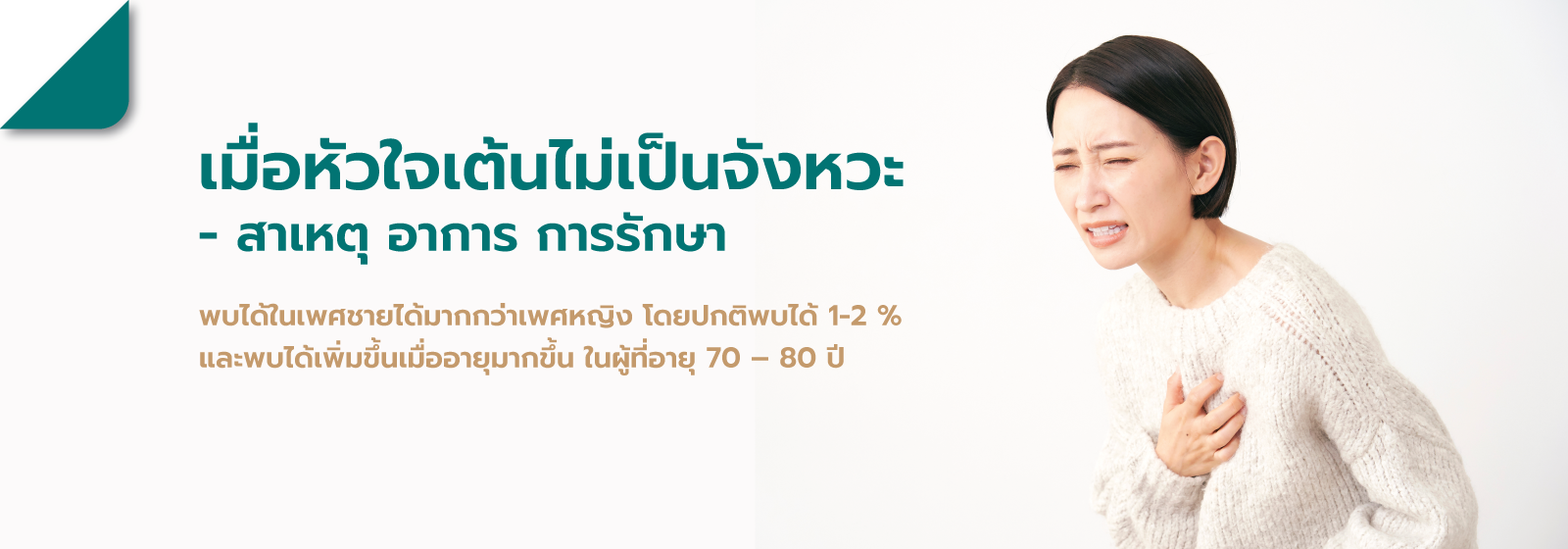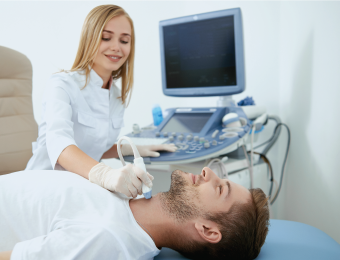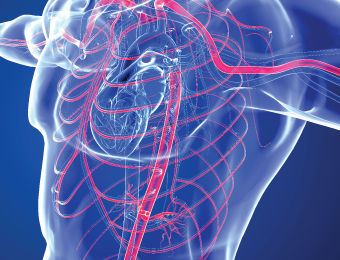
When the heart beats irregularly
Symptoms of arrhythmia may include:
- Feeling of palpitations during rest or after activity
- Easily becoming breathless and fatigued
- Chest discomfort or tightness
- Possible episodes of dizziness, weakness, or fainting
- Loss of consciousness in severe cases
Mechanisms of occurrence:
-
Focal activation: Irregular electrical impulses originate from a specific point within the heart, causing arrhythmias.
-
Multiple reentrant circuits: Abnormal electrical pathways form within the heart, allowing electrical signals to circulate in a loop, leading to arrhythmias.
-
Convergence between types 1 and 2: Arrhythmias can occur due to a combination of focal activation and multiple reentrant circuits interacting within the heart.
Causes of arrhythmias can stem directly from the heart's blood vessels, including conditions like myocardial disease, pericardial disease, coronary artery constriction, or hypertension.
They can also result from the effects of other diseases, commonly found in patients with thyroid toxicity, aneurysms, certain mineral imbalances like low magnesium or potassium, or substance abuse. Stimulants such as excessive caffeine or alcohol consumption can also trigger arrhythmias.
In some cases, arrhythmias occur spontaneously without any identifiable cause (idiopathic).
Treatment aims primarily to manage symptoms and reduce the complications of the condition.
-
Medications to control heart rate: These medications help regulate the heart rate during rest and physical activity to prevent it from becoming too fast.
-
Medications to control heart rhythm: These drugs help restore the heart's rhythm from abnormal to normal and prevent future episodes of arrhythmia.
-
Anticoagulant medications: Patients often develop blood clots in the upper chambers of the heart easily. When these clots dislodge, they can cause blockages in vital organs, leading to conditions like stroke or heart attack. Therefore, anticoagulant medications are necessary if there are indications for their use.
-
Cardioversion: This procedure involves delivering an electric shock to the heart or using medications to restore normal heart rhythm by disrupting the abnormal electrical signals.
-
Catheter ablation: This surgical procedure involves inserting a catheter into the blood vessels of the patient and using radiofrequency energy to destroy the areas of the heart tissue responsible for generating abnormal electrical signals.
In addition to medication, there are currently methods to prevent blood clots, such as using devices to occlude the upper chambers of the heart where blood clots most commonly form.
In cases where patients experience irregular heartbeats and unstable vital signs, such as dropping blood pressure, or when symptoms persist despite medication, patients presenting in emergency situations may undergo a procedure called cardioversion. This involves using electrical impulses to reset the heart's rhythm.
The severity of an irregular heartbeat condition can lead to chronic strain on the heart or persistent rapid heart rate. Over time, if the heart's ability to contract diminishes, it can lead to a condition where the heart squeezes inadequately, resulting in reduced cardiac output and subsequent pulmonary edema. In severe cases, this can lead to chronic pulmonary edema and even death from heart failure.
Here are some recommendations for prevention and care:
-
Quit Smoking: Avoiding cigarette smoking can significantly reduce the risk of coronary artery disease, which is one of the causes of irregular heartbeat. Within the first year of quitting smoking, about half of non-smokers' risk levels are reached. If you can quit smoking for 2 years or more, your risk will decrease to that of a non-smoker.
-
Exercise Regularly: Engage in moderate exercise such as walking or jogging for 15 to 30 minutes a day, five days a week. Regular physical activity helps improve heart health and reduces the risk of heart rhythm abnormalities.
- Limit Caffeine: Avoid or limit consumption of caffeinated beverages such as tea and coffee, as excessive caffeine intake can trigger irregular heartbeats in some individuals.
Take steps to manage other risk factors, including adopting a healthy diet, exercising regularly, and avoiding excessive stress. If you notice any abnormalities, seek medical attention promptly to help prevent this condition
25 Dec, 2023
 EN
EN
 TH
TH CN
CN





